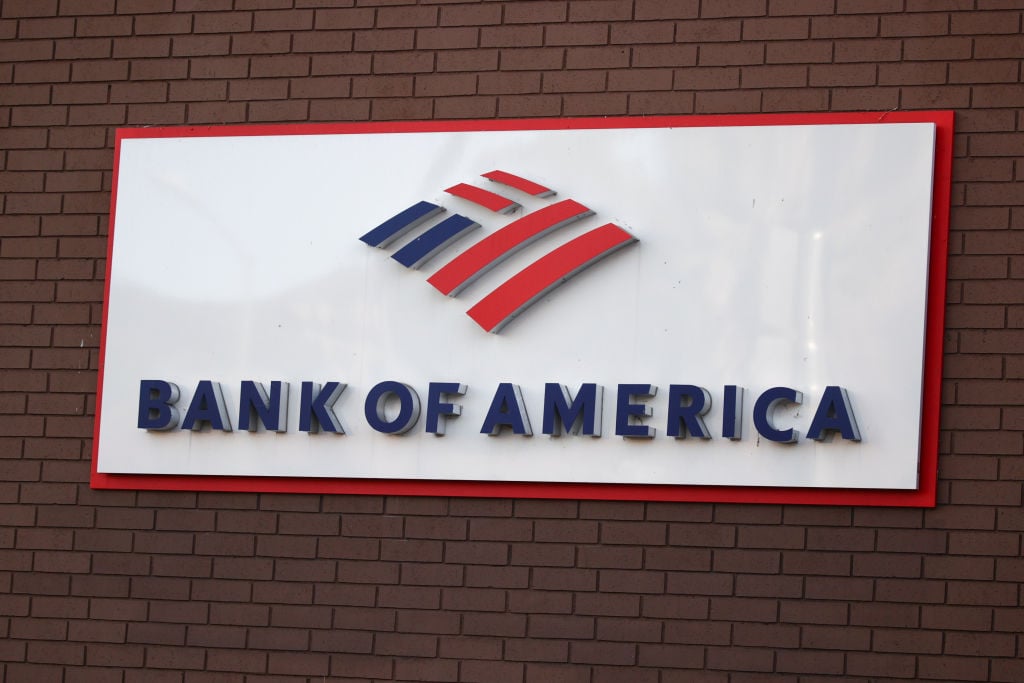
Just days after rumors suggested its latest legal settlement could reach a staggering $13 billion, the "bad" news continued to pile on for Bank of America (BAC +0.26%).

Suspended dividend and buyback
Much was made of the bank's announcement earlier this year that it would raise its annual dividend by 400% from $0.05 to $0.20 and commit to buying back more than $4 billion worth of its common stock.
Many, including myself, suggested this was the true turning point for the bank five years after the financial crisis nearly crippled it entirely.
But almost one month to the day later, Bank of America disclosed it would be suspending its capital plans and resubmitting to the Federal Reserve for approval following a revelation that it didn't appropriate categorize structured notes -- essentially more complex bonds -- it assumed when it acquired Merrill Lynch in 2009.
The details
In short, Bank of America didn't use appropriate accounting mechanisms to value the structured notes issued by Merrill Lynch it had on its books and the corresponding losses on those notes following the acquisition.
This will result in it having to revise down its ever important common equity, capital, and leverage ratios.
A quick dive into the 2009 annual SEC filing by Merrill Lynch reveals:
The fair value of structured notes is estimated using valuation models for the combined derivative and debt portions of the notes when the fair value option has been elected. These models incorporate observable, and in some instances unobservable, inputs including security prices, interest rate yield curves, option volatility, currency, commodity or equity rates and correlations between these inputs.
It's full of accounting jargon, but the critical thing to see is, "these models incorporate observable, and in some instances unobservable, inputs." While it's troubling to see adjustments having to be made, it's vital to note just how difficult those notes are to value, and in addition, how small those actual adjustments which needed to be made were:

Source: Company Investor Relations
The takeaway
Bank of America said it notified the Federal Reserve immediately when it discovered revisions would need to be made, and at the Fed's request, it would be suspending its dividend until it resubmits its plans with the revised numbers.
It also ominously included in the release, "proposed revised capital actions expected to be less than previously announced."
It's easy to see these changes and immediately think Bank of America is back to its old can't-get-anything-right ways (the stock fell by more than 5% after the market opened following the news) but there are three important things to note.

First, the revisions are small.
Next, the internal teams recognized the problem and reported it.
Lastly, while the capital plans are expected to be less than what we first learned, long-term investors shouldn't fret if the buyback is reduced from $4 billion to $3 billion, or the dividend falls by a few pennies.
Over the next 10 years, such a change shouldn't alter an investment decision.
Warren Buffett, who owns a massive position in Bank of America through its preferred shares and warrants, is known for his remark to "be greedy when others are fearful," and one has to think this these recent Bank of America sell-offs have made for a great time to be greedy with Bank of America's stock.






